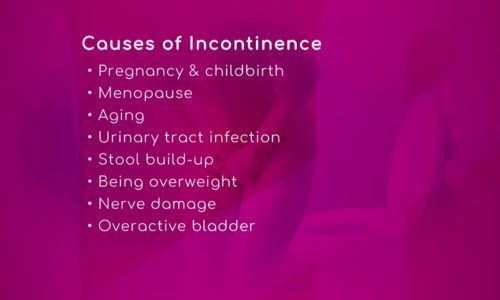Is it baby blues or depression? |

Most people have heard about the “baby blues” that can happen after a woman has a baby. But there is a much more severe and long-lasting form of depression that can happen after childbirth, called postpartum depression (PPD). This is a condition caused by physical and chemical changes that happen in the body associated with giving birth. It is a serious condition that is more common than you might think, and it requires prompt treatment.
What are the “baby blues?”
The symptoms of the “baby blues” are typically mild, and usually last from a few days to 2 weeks after giving birth. The symptoms may include sadness, mood swings, feeling overwhelmed, and trouble sleeping. Although bothersome, these symptoms do not usually interfere with a new mother’s day-to-day activities, and do not affect her ability to care for the baby.
What are the symptoms of postpartum depression?
The symptoms of postpartum depression may seem like the baby blues in the early stage, but the symptoms become much more severe and last much longer. They can be severe enough to affect a new mother’s ability to care for her baby and interfere with other day-to-day activities. The symptoms can vary from one woman to another.
Here are some of the possible symptoms:
- Sadness, hopelessness, despair, or severe mood swings
- Excessive crying, sometimes for no apparent reason
- Trouble bonding with the baby or not feeling close to the baby
- Feelings of worthlessness, guilt, shame, or feeling like you are not a good mother
- Overwhelming fatigue
- Sleep disturbance (may be insomnia or excessive sleep)
- Severe anxiety, irritability, panic attacks, feeling of intense anger, or restlessness
- Significant change in your appetite (could be loss of appetite or eating much more)
- Reduced interest or pleasure in activities you usually enjoy
- Recurrent thoughts of harming yourself, or harming the baby
- What causes postpartum depression?
PPD is not usually caused by a single thing, but more likely by a combination of things. Here are some of the things that can contribute to postpartum depression:
- The dramatic drop in the hormones estrogen and progesterone, which happens after birth
- Thyroid hormone sometimes temporarily drops significantly after childbirth as well
- Sleep deprivation, which is almost always a problem for a new mother after childbirth
- Imbalance of brain chemicals, caused by the stress of pregnancy and/or childbirth
- Nutritional deficiencies that may happen as a result of pregnancy and/or poor dietary choices
Who is at risk for postpartum depression?
Any new mother can develop this problem, even without specific risk factors. However, there are some things that may increase your risk, such as:
- Prior history of any form of depression or bipolar disorder> Family history of depression
- Stressful events in the past year, such as severe illness, loss of close family member, etc.
- Having twins or other multiple births
- Having a baby with significant health problems or special needs
- Having little or no support system to help after baby is born
What are the complications of postpartum depression?
- Untreated PPD can last for months or longer, and can become a chronic depressive disorder> Children of mothers with untreated PPD are at higher risk for emotional and behavioral problems, excessive crying, poor sleep patterns, eating difficulties, as well as delays in development of language and motor skills
- PPD can have a ripple effect, causing a strain on everyone close to baby, including increasing the risk of depression in the baby’s father
Postpartum depression is a serious medical condition. It is not a result of weakness, and it is not something that a new mother can just snap out of. It requires treatment. Prompt treatment is important to help improve symptoms, and to help a new mother bond with baby. If you have symptoms of PPD, please see your doctor as soon as you recognize a problem. Women sometimes don’t recognize this, so if you are concerned about someone you know, please encourage her to seek care.
If you have any more questions just Ask Hanna, our health advisors are here to help.
Dr. Anita Bennett MD – Health Tip Content Editor
Image: ©Shutterstock / Pixel-Shot








